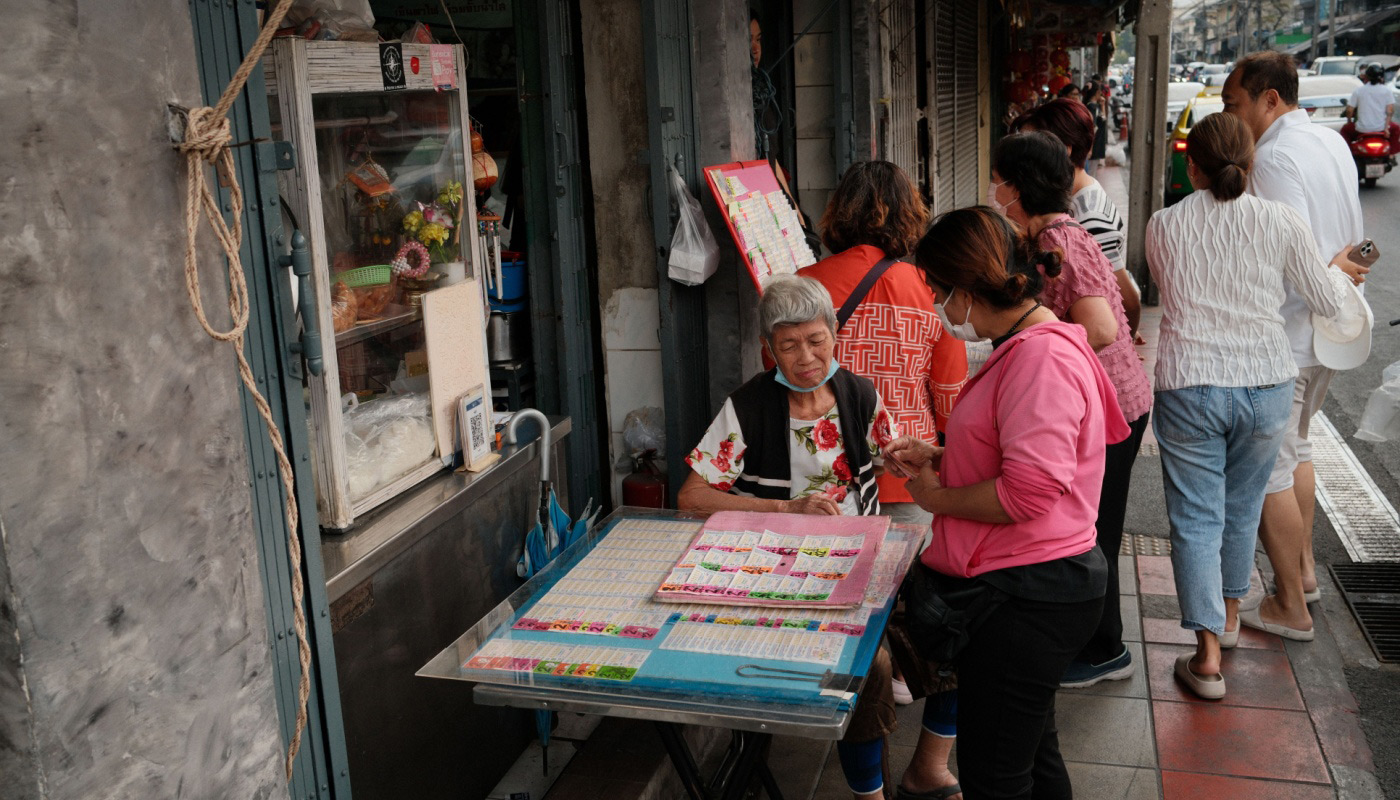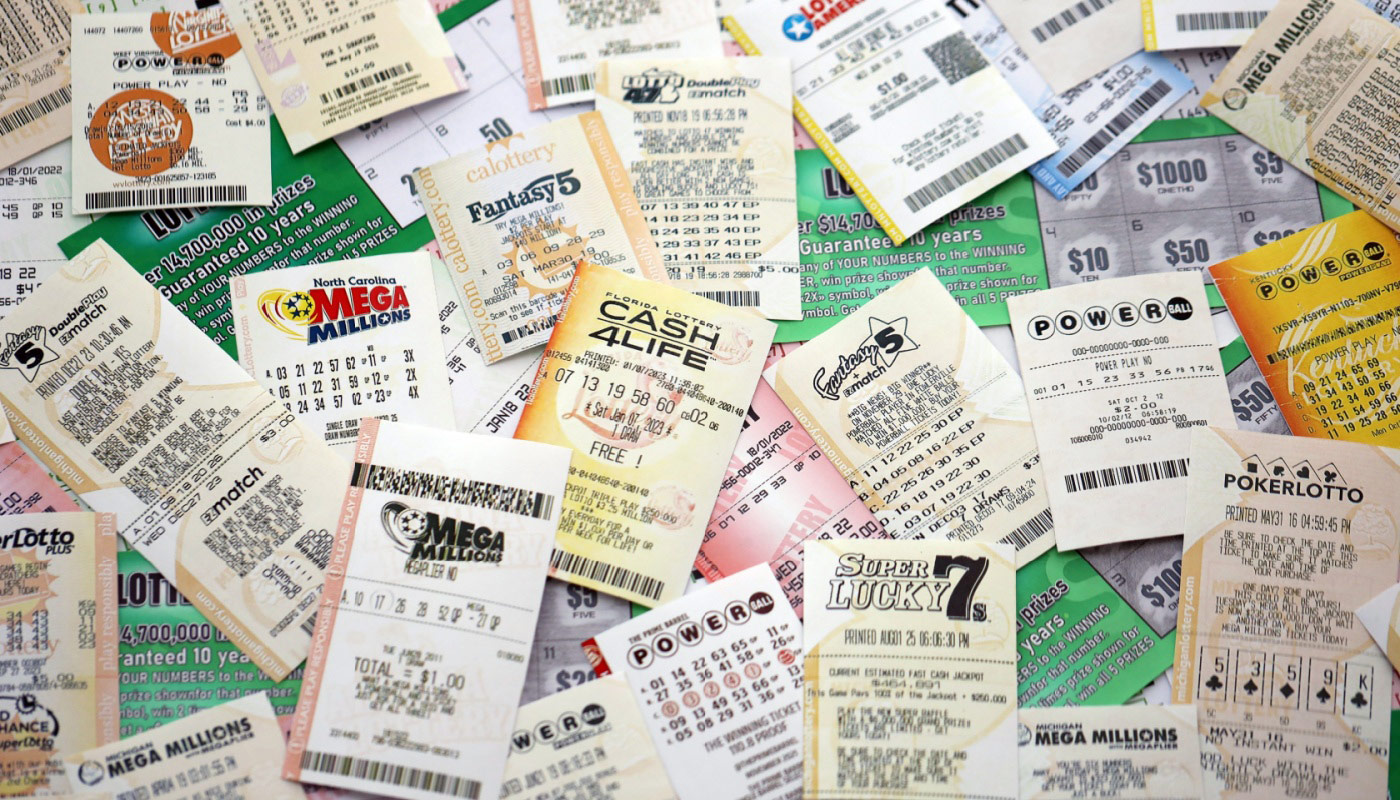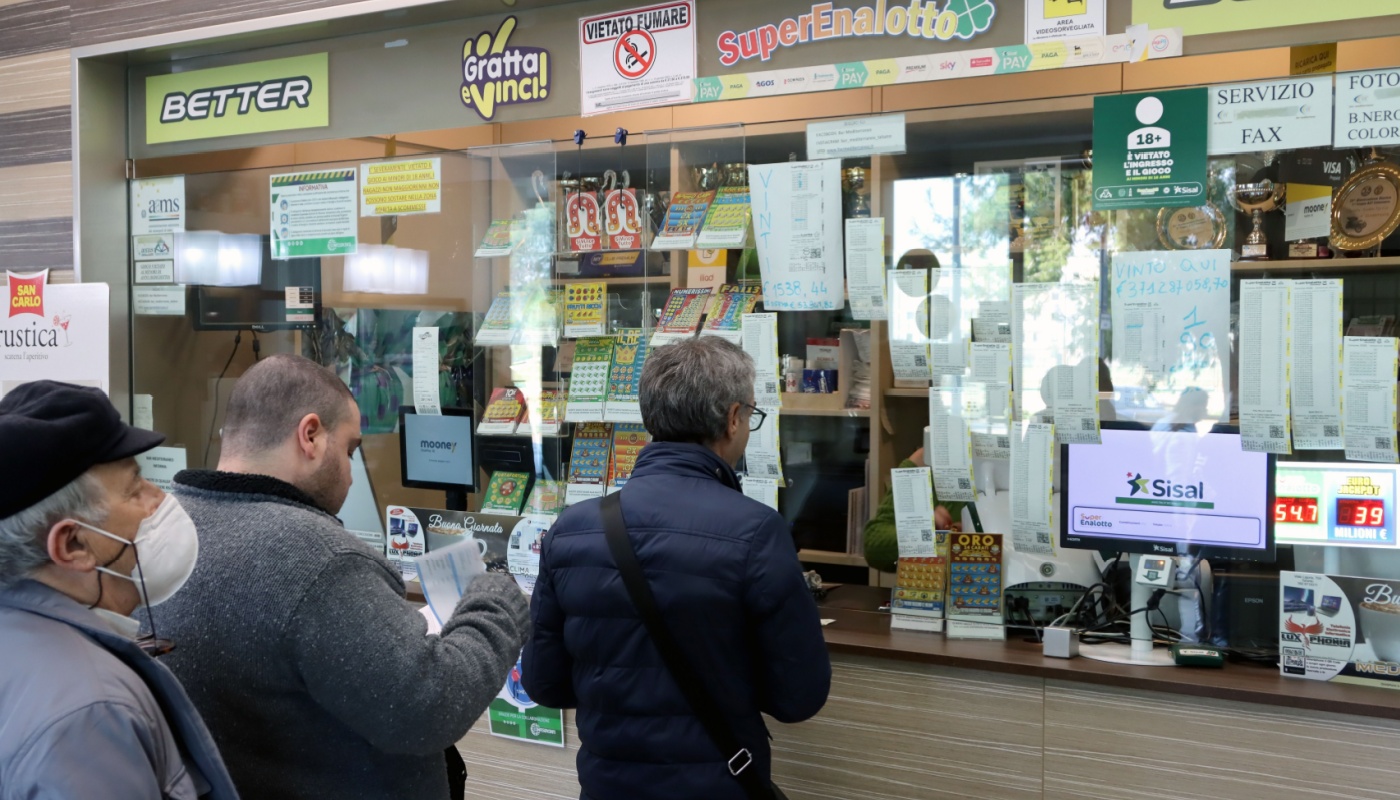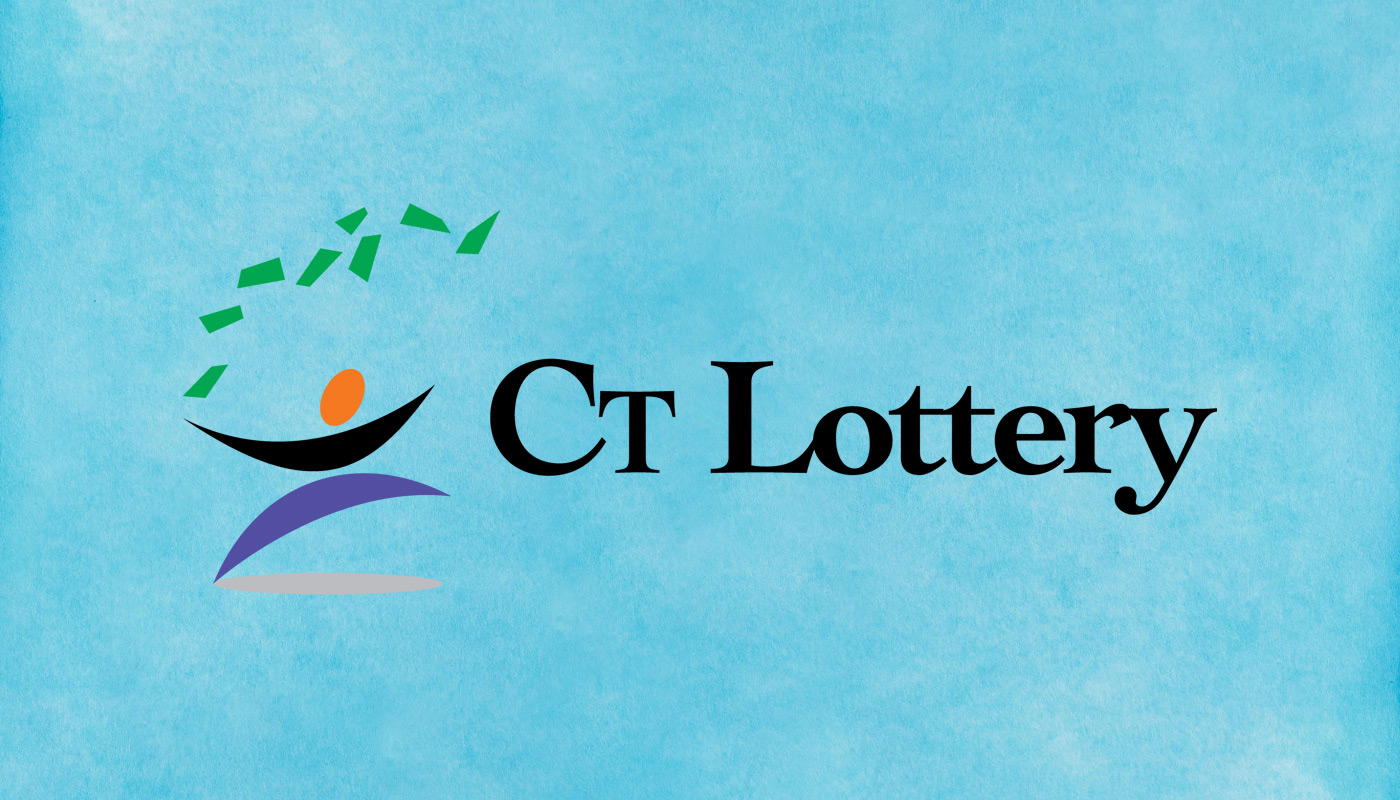
News writer
What if losing while trying to win a lottery jackpot didn't mean losing your money? In Thailand, a bold new reform is about to flip the script on one of the country's most popular pastimes, turning those dreaded non-winning tickets into something players can actually keep. Could a losing streak today help secure your future tomorrow?
'Quick Big Wins' program
The government in Thailand is getting ready to roll out a new program that would allow citizens to take their losing lottery tickets and transform them into long-term savings.
While many lottery players see their money just vanish into thin air when their tickets don't win, this program takes that money from non-winning digital lottery tickets and channels it into retirement accounts.
The player may not have won the big jackpot, but now they will get some help in preparing for the future. This reform is part of the government's 'Quick Big Wins' program.
According to Deputy Prime Minister and Finance Minister Ekniti Nitithanprapas, the program is almost ready and could launch within four months. The program will redirect money that would otherwise be lost for the player and put it to work for those same players.
To use this system, authorities say it will only apply to tickets purchased through the official 'Pao Tang' app. Using the app ensures traceability, accurate crediting of individual accounts, and makes fraud harder to pull off.
How will the program work?
For this new scheme, the value of these non-winning lottery tickets will be converted into savings accounts.
Typically, the money that comes in from lottery ticket sales is split between prizes, government revenue, and operating costs. Under this new plan, the portion of the money meant for returns will now be diverted into a savings account. This account will function much like retirement mutual funds.
From there, players will be able to access their funds once they reach the age of 55. However, they do have the option of continuing to save until the age of 60.
The Thai government is adding a little flexibility to the program so that the players' balances could also be used as collateral for loans. This means that a losing ticket could still provide value years down the road, whether it be as retirement income or as financial support in times of need.
Not encouraging gambling
While this new plan seems like it would be a win-win for players, lottery officials want to stress that it's not designed to encourage gambling. The program is designed to promote thrift and financial planning in a country where savings rates remain low and gambling participation is widespread.
Permanent Secretary Lavaron Sangsnit said the government will draw funds from its 17% share of the lottery to support this program. Those funds would then be managed under strict financial rules, with capital preservation as the top priority.
Will players embrace this new program?
The big question is whether or not lottery players in Thailand will embrace this new concept. The big factor will be the public's trust in how the government is managing their money. Will they see this as a way to save money, or will it be seen as another level of bureaucracy?
This could play a huge factor in this type of program making its way to other countries. Could this be something we have in the United States? By offering this to players in the United States, we could maybe have fewer people needing to work in their 70s to afford a living.
Enjoy playing the lottery, and please remember to play responsibly.


















Comments